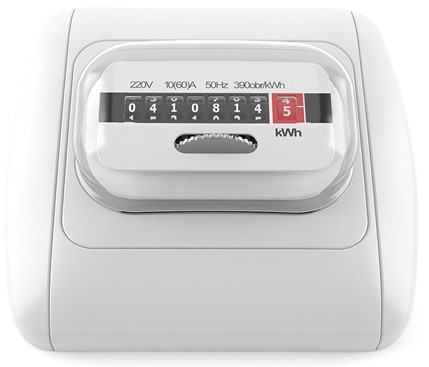Benefits of Going Solar
The sun in one hour radiates more energy onto earth than the entire human population uses in one year. It is estimated by scientists that the sun, in its current form, is half-way through its life span and has about 5 billion years left. Let’s face it – that is a lot of solar energy!
Advantages
The advantages of solar are clear. You can save money, raise the value of your home and community, and have greater independence from imported fossil fuels, a brighter, richer and cleaner environment. Most importantly, you can get relief from the volatility of energy prices.
Currently, solar power provides only 2 percent of the power used in the United States. As solar technology improves, the cost of switching to solar energy use will drop. This will help improve our ability to capture and use the sun’s abundant energy.
Helping The Environment
Using solar energy is a great way to not only save money but also help the environment. A 5-kilowatt solar system can reduce greenhouse gasses by up to 9,000 pounds per year!

Own Your Power
One of the most significant benefits of solar is declaring freedom from the utility company. As we say here at SPM, “start owning your power.” With us, you can!
Increased Costs without Solar
The U.S. energy costs will continue to increase as more homeowners go solar. As more people generate their own electricity, there will be fewer and fewer people paying the utility companies.
How do you think the utilities will pay for the massive costs of maintaining the grid with less revenue?
You are correct, the fewer people paying electricity bills, the utilities will have to pay dramatically higher utility rates to compensate for lost revenue, resulting in higher utility bills.
Increase Your Property’s Value
Homes with solar, based on an article from Money Magazine, sell on an average 4.1% more. For example, a $226,000 home would be worth $235,040 which is an increase of $9,040.
From the same study, there’s evidence that they also sell faster than non-solar ones. As more homebuyers become interested in the benefits of solar, demand for properties with solar panels will continue to grow.
How Do Solar Panels Increase Home Value?
The energy savings provided by solar panels translate into better value for your home. The National Renewable Energy Laboratory (NREL) found that every dollar saved on energy through solar increases home value by $20.
That’s a return on investment of 20 to 1. When you sell your house, these better savings equal bigger profits.
According to Zillow, homes with solar panels sell for approximately 4 percent higher on average than homes without solar energy. That means an added value of about $9,200.

